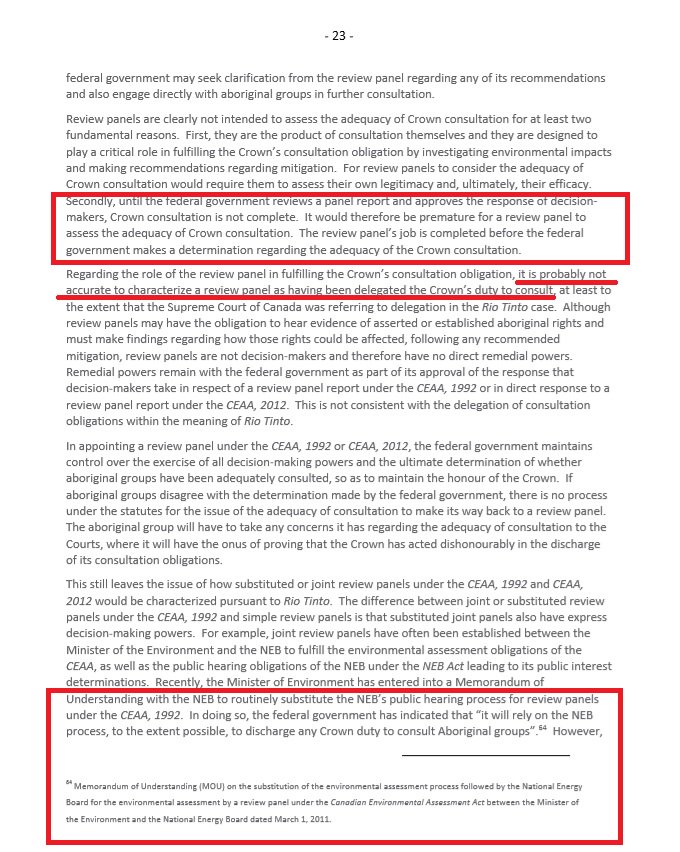It takes 5 justices to hear this case, rather than the usual 4.
I'm still seeing a lot of concern about the Texas Supreme Court filing, which is understandable. From a certain angle, it looks imposing.
So here, in sum, is why there's no need for alarm (thread):
It takes 5 justices to hear this case, rather than the usual 4.
The TX case is something else entirely and could have been heard in lower courts (many have rejected similar claims).
First, The Constitution specifically gives each state the right to run its elections as it sees fit. Done and done.
The Court won't countenance that.
More from Law
We are live tweeting from the preliminary hearing of the Employment Tribunal case in which #AllisonBailey is suing Stonewall and Garden Court chambers.
The judge has ruled that for this hearing only, the names should remain redacted.
It is a Rule 50 Order. These particular individuals are members of Stonewall’s Trans Advisory Group and their names may well be known elsewhere. What is relevant is the messages from the group to Garden Court.
The judge states she would not make the same decision at the full hearing. This is only for the preliminary hearing.
Having dealt with the anonymity issue we now move to the main submissions in the case.
The entire first part of the hearing related to messages sent by certain individuals from the Stonewall Trans Advisory Group seeking cooperation with trans allies at Garden Court. So far all the discussion has been about whether their names must remain redacted.
— LGB Alliance (@ALLIANCELGB) February 11, 2021
The judge has ruled that for this hearing only, the names should remain redacted.
It is a Rule 50 Order. These particular individuals are members of Stonewall’s Trans Advisory Group and their names may well be known elsewhere. What is relevant is the messages from the group to Garden Court.
The judge states she would not make the same decision at the full hearing. This is only for the preliminary hearing.
Having dealt with the anonymity issue we now move to the main submissions in the case.


























